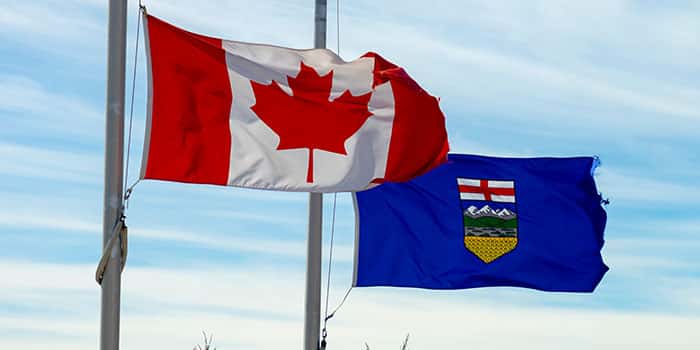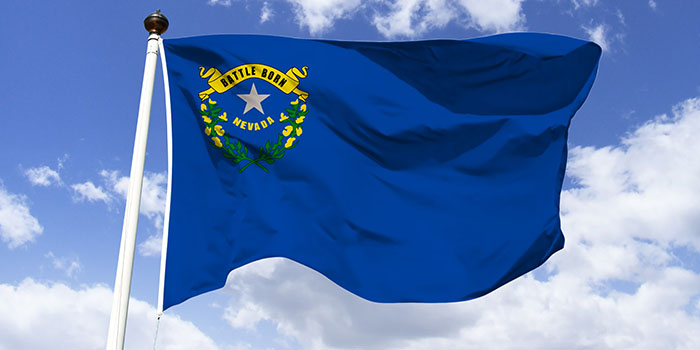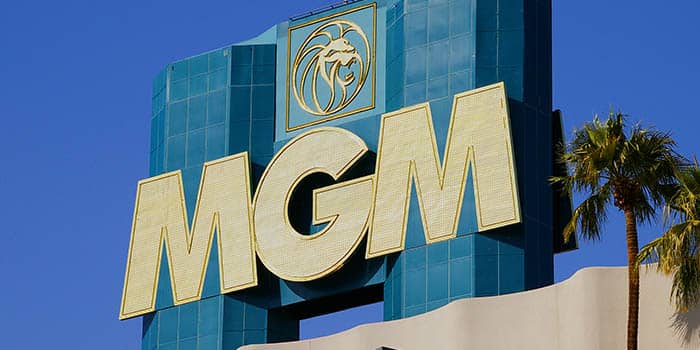Fact-checked by Angel Hristov
Alberta Drops Gambling Support Group Funding as Expanded Online Wagering Draws Near
The local government’s recent actions send mixed messages, as this newest development contradicts its stated priority to protect the safety and health of Albertans

In a highly contentious decision, the Alberta government has terminated its funding agreement with the non-profit organization Problem Gambling Resources Network (PGRN), which has provided education and resources for gambling addiction since 1993. Various stakeholders argue that ending this three-decade partnership will ultimately harm public health, particularly as the province eyes an expanded online gambling market.
PGRN Has Achieved Impressive Results
Ray Reshke, executive director of the Edmonton-based PGRN, stated he was shocked and dismayed by the sudden decision to terminate the nearly $130,000 annual funding contract prematurely. Speaking for The Canadian Press, he underlined the organization’s decades-long contribution and proven results. Reshke also admitted that PGRN could cease to exist without the funding.
The organization primarily provided support via a drop-in center, phone line services, and education programs. While PGRN does not provide direct counseling, it directs individuals to resources like Gamblers Anonymous and Alberta Health Services. Most importantly, it has convinced hundreds of individuals to sign up for the province’s voluntary self-exclusion program that bars them from casinos.
We’ve probably done around 10,000 gambling education presentations over the time that we’ve been in business, and we’ve reached probably 250,000 people.
Ray Reshke, PGRN executive director
PGRN’s most well-known initiative is its education program, which involves volunteers who have experienced gambling addiction firsthand, giving presentations at schools and workplaces. The preventative and educational services the network provides are crucial in addressing gambling addiction before it escalates, lessening the load on other charities and non-profits.
Addiction Prevention Can Have a Substantial Impact
The Alberta government justified its decision to cut the funding by noting that PGRN does not offer “direct services.” Financial aid will instead be redirected to front-line services that directly support Albertans recovering from gambling harm. Opposition NDP party mental health and addictions expert Janet Eremenko called this move irresponsible, warning that cutting off preventative programs could instead lead to escalating long-term social and financial costs.
They have a fundamental responsibility to address and prevent problematic gambling and gambling addiction when they’re making (over $2 billion in revenue) from gambling.
Janet Eremenko, NDP
The funding cut has caused further contention due to the Alberta government’s intentions to open the door for private online gambling operators, mirroring Ontario’s regulatory framework. Currently, the only licensed online gambling platform in the province is the government-owned Play Alberta. Introducing retail operators will significantly bolster the availability of gambling, potentially leading to rising addiction rates.
Experts, educators, and political opposition are urging the government to reconsider its decision and recognize the vital role of organizations like PGRN in protecting public health. They hope a public outcry and continued advocacy could prompt the government to change its course. The loss of such a vital resource could leave a critical gap in the province’s gambling harm prevention capabilities at a critical time for consumers.
Deyan is an experienced writer, analyst, and seeker of forbidden lore. He has approximate knowledge about many things, which he is always willing to apply when researching and preparing his articles. With a degree in Copy-editing and Proofreading, Deyan is able to ensure that his work writing for Gambling News is always up to scratch.

















